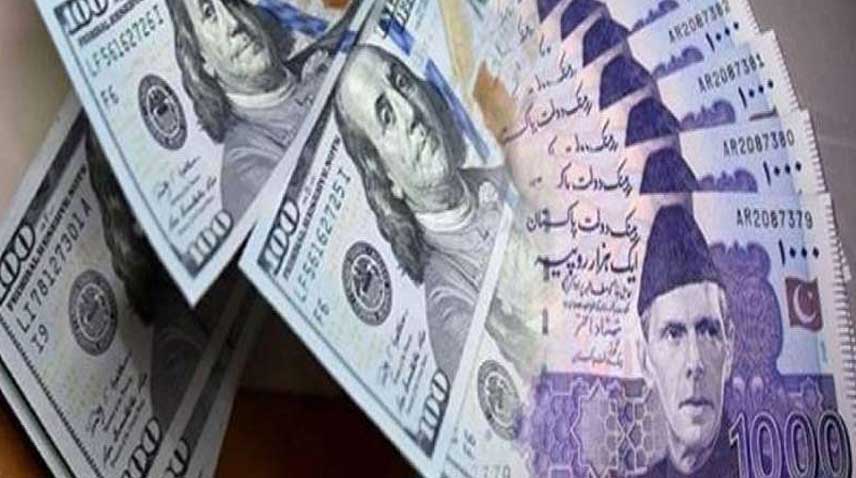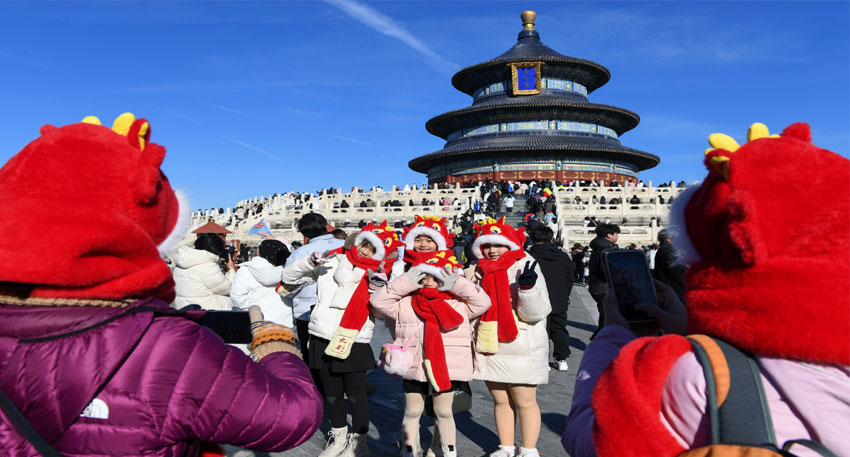
The local currency closed at Rs284.36, up from the previous day s Rs284.21, according to the Forex Association of Pakistan (FAP).
In the open market, the buying and selling rates for the US Dollar stood at Rs285.7 and Rs286.85. This increase in the US Dollar s value indicates ongoing fluctuations in the currency exchange market.
Meanwhile, the Euro saw a minor increase of Rs0.48, closing at Rs334.29, compared to Rs333.81 on the previous day. The change in the Euro s value is in line with global currency movements, which are affected by a variety of factors, including inflation and market sentiment.
The Japanese Yen, however, depreciated by 1 paisa, dropping to Rs1.94 from Rs1.95. This slight change highlights the ongoing minor fluctuations in the value of currencies across different regions.
The British Pound gained Rs1.06, closing at Rs387.71, up from Rs386.65. This increase reflects growing demand and potential shifts in the British economy.
Additionally, the exchange rates for the Emirates Dirham and Saudi Riyal also saw slight increases. The Dirham rose by 4 paisa to close at Rs77.41, while the Riyal gained 5 paisa, closing at Rs75.82.
Read more: Tax imposed on prize bond winners, including non-filers and filers
The appreciation of the US Dollar and other foreign currencies against the Pakistani rupee reflects ongoing volatility in global and local markets. While slight fluctuations in the Euro, British Pound, and other currencies suggest broader economic trends, the continued strengthening of the US Dollar is a key indicator of economic forces at play.
The rise in these exchange rates could signal potential challenges for Pakistan’s import-heavy economy, which may face rising costs due to a stronger dollar. Moreover, the fluctuations in the value of other currencies, including the Japanese Yen and the British Pound, suggest that global economic factors, such as trade policies and inflation, are impacting currencies worldwide.
The Pakistani government and financial institutions will need to monitor these shifts closely to manage the country’s economic stability effectively.




